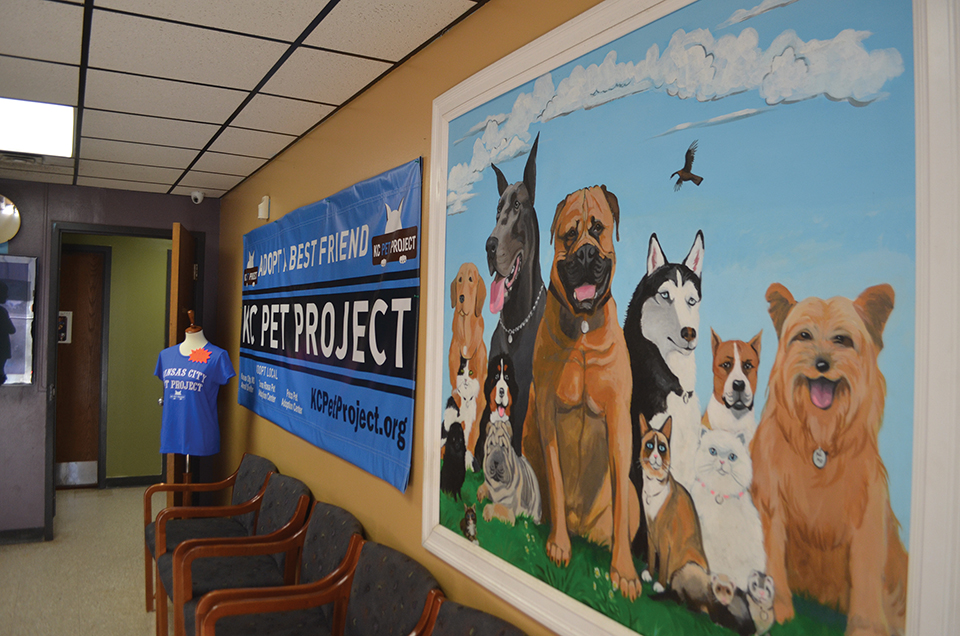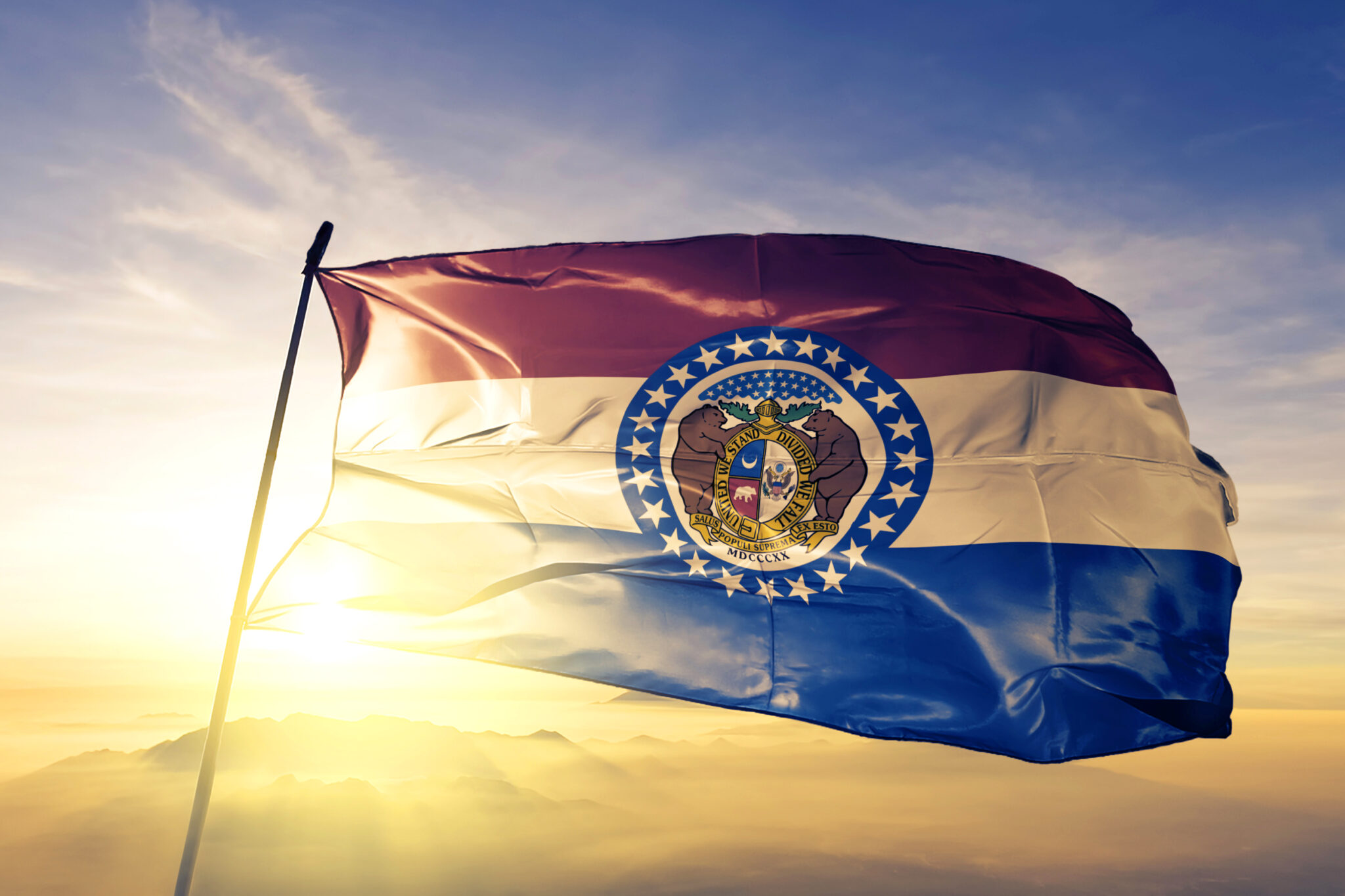Paul Thompson
Northeast News
In April 2017, KCMO voters approved an expected $14 million outlay of General Obligation bond funds for the construction of a new animal shelter in Swope Park.
On April 5, 2018, those voters got more than they bargained for, as the City Council approved an $18 million appropriation for the animal shelter in a unanimous vote.
According to Finance and Governance chair Scott Wagner, the extra $4 million will cover a $2 million increase in the cost of materials for the new shelter, as well as extra costs related to the decision to turn the shelter campus into a co-location for animal control services.
The $18 million contribution is contingent upon shelter operator Kansas City Pet Project gathering $5 million in cash or commitments towards the new campus, though 4th District Councilwoman Jolie Justus suggested on April 5 that the requirement wouldn’t be an impediment.
“We learned that as of last night, the private fundraising arm of this is already up to $3.8 million,” Justus said. “They secured another very large contribution last night, so we’re only $1.2 million away from putting a shovel in the ground.”
The unanimously-passed ordinance doesn’t address the other lingering issue hanging over the new animal shelter: which entity will be handling the animal control operations at the new facility. Kansas City Pet Project has made no secret of its desire to take over those services from the City’s Animal Health and Public Safety (AHPS) department. Mayor Sly James asked about that issue before the unanimous vote.
“Does the $2 million allocated for co-location have any commensurate decrease in the animal control budget as it currently sits?” James asked.
The answer, according to Wagner, was no.
“It doesn’t deal with that, and it doesn’t deal with the question that has been asked and is currently being discussed related to actually who will perform that function; whether it continues to be within the purview of the city, or whether that goes to a different provider,” Wagner said.
Wagner added that the new animal shelter will likely end up costing the City an additional $2.4 million in operating costs on an annual basis.
“Ultimately, when a new shelter is built, we will estimate an increase to the general fund as part of the operations of the shelter, which would go from its present $1.4 million to approximately $3.8 million,” Wagner said.
Second District Councilwoman Teresa Loar indicated, however, that the increase in the operational budget could be offset by private contributions.
“We are also working towards an endowment, too, to help offset the operational costs of the facility,” Loar said.
As the shelter project proceeds, the uncertainty regarding animal control services will continue to be an open question. During an Audit Report Tracking System (ARTS) presentation last month, City Auditor Doug Jones said that the 2017 audit recommendations for AHPS were intended as a road map towards a better department.
KCPP Vice President and co-founder Michelle Davis, however, publicly suggested that the relationship between KCPP and AHPS was irreconcilable.
“Animal Control has indicated that they will not be cooperating with us while privatization is on the table,” Davis said. “We’ve not made any progress on a shared vision.”
Meanwhile, AHPS Director Deletta Dean said after that meeting that Davis’s claims were news to her.
“I wasn’t sure what she was saying,” Dean said. “I hadn’t heard that; staff hadn’t reported back that they had refused to communicate with Kansas City Pet Project, so that’s the first that I heard of it.”
Dean had testified during the presentation that the negative news stories surrounding the City’s animal control services – especially as it related to potential privatization by KCPP – had begun impacting recruitment and retention of animal control officers.
“I think that with Kansas City Pet Project, it’s been made public now that they have put a bid out and requested to take over animal control,” Dean said. “Until some decision is made, which obviously is going to be at a higher level than we are, we’re going to continue to partner with them, to work with them, and try to do what’s best for the citizens.”




















